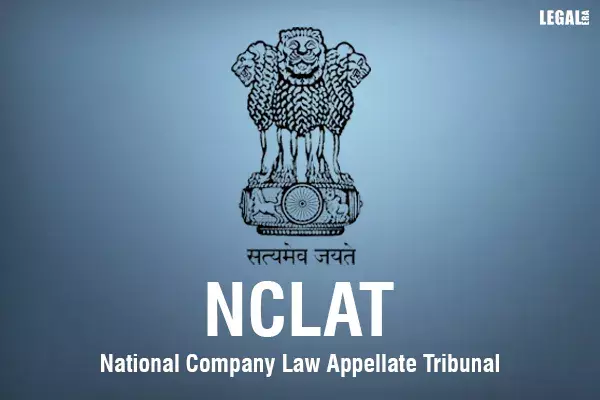NCLAT Delhi: Section 7 CIRP Initiation Despite Time-Barred Claims and Below ₹1 Crore Threshold
In a significant ruling, the National Company Law Appellate Tribunal (NCLAT) has clarified that in a petition filed under;

NCLAT Delhi: Section 7 CIRP Initiation Despite Time-Barred Claims and Below ₹1 Crore Threshold
In a significant ruling, the National Company Law Appellate Tribunal (NCLAT) has clarified that in a petition filed under Section 7 of the Insolvency and Bankruptcy Code (IBC) by real estate allottees, the debt of each allottee is not required to meet the minimum threshold of ₹1 crore default or limitation requirements. This means that even if the debt of each allottee is less than ₹1 crore, the Corporate Insolvency Resolution Process (CIRP) under Section 7 of IBC can still commence, provided that at least a few financial creditors (allottees) fulfil the minimum threshold of ₹1 crore default.
On August 21, 2008, Anand Infoedge Pvt. Ltd. (AIPL) acquired a land parcel of 100,980 sq. mts. in Sector 143, Noida, known as Festival City, through a lease deed with the New Okhla Industrial Development Authority (NOIDA). AIPL collaborated with Mist Avenue Pvt. Ltd. (MAPL) for the project's development. Subsequently, a second collaboration agreement was made with Mist Direct Sales Private Limited (MDSPL) after terminating the first agreement in 2017.
Despite two collaboration attempts, Festival City faced delays, leading to an application under Section 7 of the Insolvency and Bankruptcy Code, 2016, filed in 2021 by Nitin Batra and approximately 142 other allottees. The application sought the initiation of the Corporate Insolvency Resolution Process (CIRP) against AIPL, MAPL, and MDSPL.
On October 21, 2022, the National Company Law Tribunal (NCLT) deemed the Section 7 petition maintainable, scheduling a hearing for November 10, 2022. The Corporate Debtors (AIPL, MAPL, and MDSPL) appealed this decision before the National Company Law Appellate Tribunal (NCLAT).
A crucial point of contention emerged with the amended Section 7(1) of the IBC on December 28, 2019. The second proviso of Section 7(1) mandates that a CIRP application against a Corporate Debtor must be jointly filed by at least 100 allottees or 10 per cent of the total allottees under the same real estate project, whichever is less.
The Corporate Debtors argued that the NCLT lacked jurisdiction to consolidate the CIRP of three distinct companies during the Section 7 petition's admission. Additionally, they contended that the requirement of at least 100 allottees was not met, as 18 applicants' claims were time-barred, 11 claims were barred under Section 10A, eight claims were settled, and three claims were premature, effectively bringing the number of applicants below 100.
Relying on the Supreme Court judgment in Manish Kumar vs. Union of India & Anr., 2021 SCC OnLine SC 30, the Bench concluded that a default of ₹1 crore against the Corporate Debtor is sufficient for a Section 7 application. It need not be specific to individual applicants. The crucial factor is proving that the ₹1 crore default on the Corporate Debtor is not time-barred; claims of joint applicants being time-barred are considered insignificant.
The opinion states that the 18 allottees with time-barred claims should not be excluded from the count of 100 applicants required under Section 7. Additionally, individual allottees are not obligated to meet the ₹1 crore default or limitation requirements individually in a jointly filed Section 7 petition. The commencement of CIRP under Section 7 is permissible even if only a few financial creditors fulfil the ₹1 crore default threshold.
Clarifying the Second Proviso of Section 7(1) inserted by Act No. 1 of 2020, the Supreme Court's interpretation establishes that fulfilment of the ₹1 crore default threshold by some applicants triggers the Section 7 application, regardless of other applicants' claims being time-barred.
The Bench also affirmed the maintainability of a Section 7 petition filed by allottees for the joint CIRP of distinct corporate entities linked to a common real estate project.
Ultimately, the NCLT order was upheld, and the appeal was dismissed.

